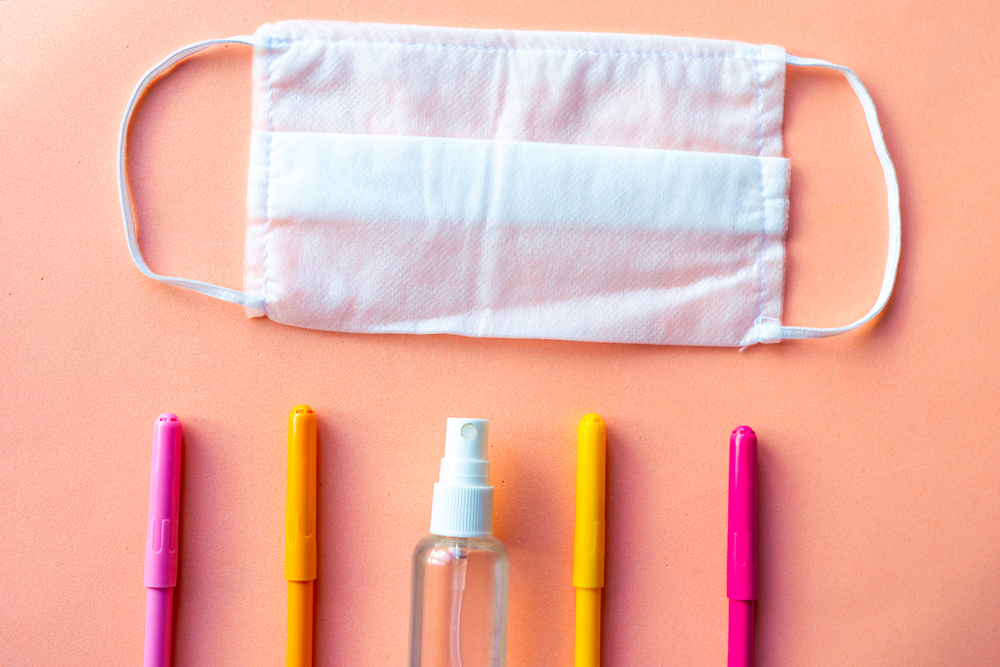Teachers, Trade-Offs, and Trends
By Amy Willis
The COVID pandemic has disrupted our lives in innumerable ways. For those with children, the disruption to schooling is likely at the top of the list. In this episode, EconTalk host Russ Roberts welcomes back economist (and parenting guru!) Emily Oster to talk about the pandemic’s effects on schools.
Oster and team have been tracking COVID cases and precautions in schools since early in the outbreak. The ultimate goal of this massive data collection exercise is both to track COVID cases in schools and learn how outbreaks or cases are affected by mitigation practices.
We realize this is a fraught subject for many, and that our questions for further thought and conversation are likely to rouse some strong feelings. Our aim, as thoughtfully expressed by Russ, is NOT to further politicize the conversation, but to learn together. With that, we hope you’ll consider sharing your thoughts with us below.
1- What has Oster found thus far regarding the relationship between school and community spread? What does she think this means for decisions about whether to (re)open schools? To what extent do you agree?
2- Roberts and Oster both note that the situation differs between K12 schools and colleges. Why does it seem that colleges, but not K12 schools, are “superspreaders?”
3- Oster and Roberts spend a great deal of time discussing the trade-offs inherent in all COVID mitigation efforts. How would you suggest the socioeconomic and geographic inequities (with regard to schooling) should be addressed?
4- Roberts describes a recent visit to his dentist, and notes the feelings of other people who feel “obligated” to work in contact with others during the pandemic. To what extent ought teachers be similarly obligated? Under what conditions? What does the pandemic response to schooling suggest about the way we value teachers and education?
5- What are the things Oster says she has learned from her COVID research? What does she mean by recommending a “scalpel” versus a “sledgehammer” approach to COVID?

